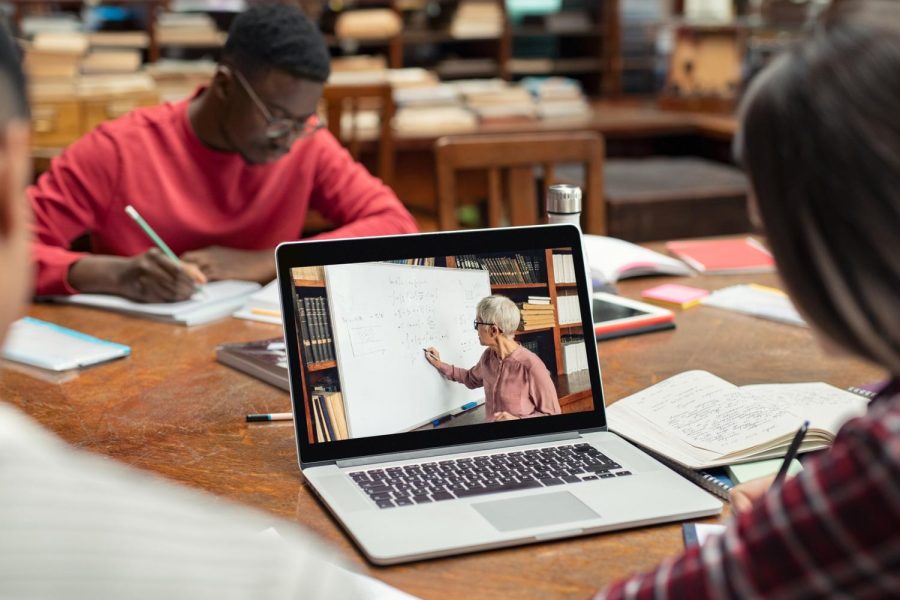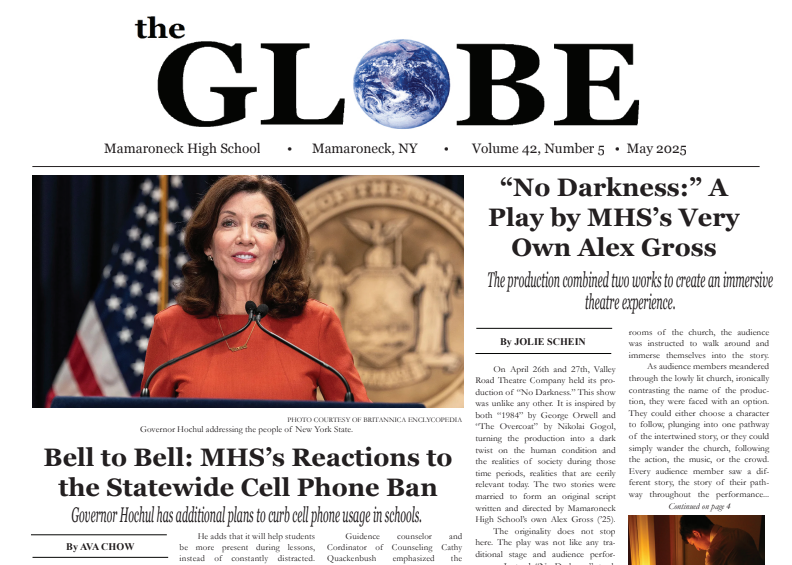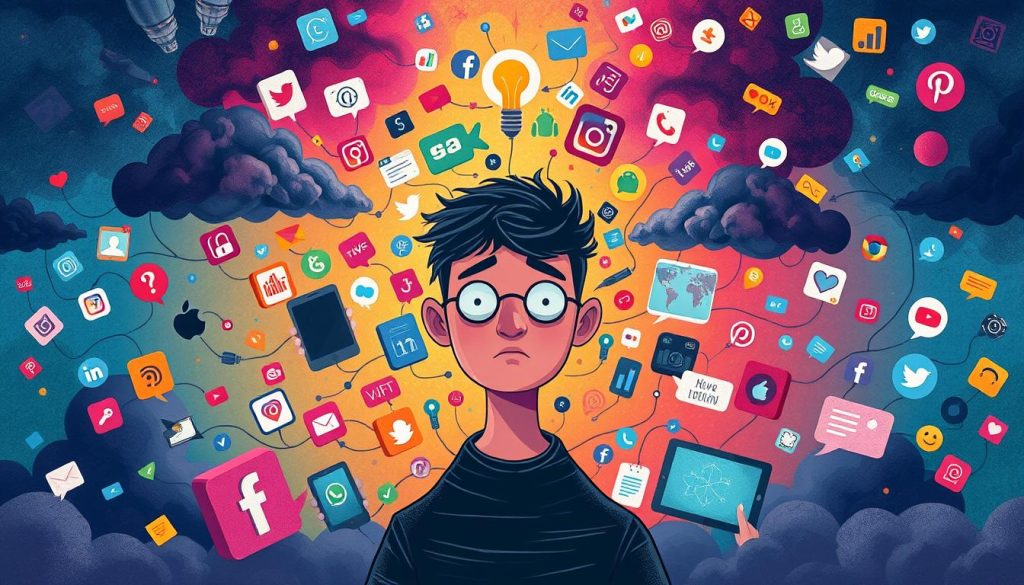How Should We Address Pandemic Learning Loss?
Students change their learning routines by transferring to online methods.
February 28, 2022
As the world scrambled in March 2020 to address the rapid spread of COVID-19, many students experienced a total halt in their education as the world turbulently entered the pandemic era. Emerging from this period is the concept of “learning loss”: students experienced a significant loss of knowledge and skills as a result of not being in school.
The proliferation of the Omicron variant has revived public concern over learning loss, with the return of school closures and students attending classes over Zoom. The Globe staff, too, is worried about the learning loss that could be suffered as COVID surges – especially while considering that learning loss was an issue for students long after the spring of 2020. In order to protect Mamaroneck students’ education in the age of Omicron, then, the Globe staff deems it necessary to learn from past issues with COVID-era learning.
Most of the Globe staff reports experiencing learning loss during the 2020-2021 school year, despite, unlike in the spring of 2020, receiving regularly-scheduled schooling. One facet of this was that of concrete knowledge – curriculums were abridged and projects and labs were cut from hybrid learning. On top of that, students found information retention unusually challenging as a result of online school.
“Especially when you’re remote and at home…it’s very easy to be distracted by other stuff going on in your house. It’s almost impossible to stay focused and retain every bit of information as you would in class,” one staff member explains.
While learning loss was an issue in the most literal sense, students had far greater difficulty with the loss of skills required to be academically successful beyond the pandemic. Several Globe staff members describe having enjoyed exceptionally lenient grading during the year of hybrid learning. While changes to grading policies were pertinent given the circumstances, these staff members feel that altered grading systems were detrimental to their academic development. Students describe having grown accustomed to lowered standards, both external and internal. While these unusual standards were, again, circumstantially appropriate, they made the transition to the 2021-2022 school year difficult.
“My chemistry teacher gave us open notes tests for the entire year,” another staff member shares. “It was great for my average…but I was suffering the consequences from it at the beginning of the year because I wasn’t as used to [the usual standards].”
Learning loss, whether in the most literal or liberal sense, is a destructive force. So how can its destructive influence be mitigated as Omicron rages?
Many Globe staff members stress the preservation of the teacher-student connection. Forming a relationship with one’s teachers, several staff members emphasized, is an essential part of the learning experience, both academically and socially. When students feel connected to their teachers, they better engage with the material that is being taught. They also enjoy greater social connection, a crucial piece of high school development. Now that some students have returned to temporary Zoom schooling, staff members highlight the necessity of engaging remote and in-person students equally. Though a five-day isolation period is not nearly as disruptive to a student’s education as a ten-day quarantine is, all students deserve the opportunity to engage and connect with their teachers and, resultantly, their education.
Another focus as remote learning makes a return, the Globe staff argues, should be the maintenance of academic integrity. All-online assignments – homework, tests, and projects – led to an enormous cheating issue during the 2020-2021 school year. As such, staff members determined, the number of assignments that students have to complete virtually should be minimized. In situations where minimization is not possible, it is important for signs of academic dishonesty to be checked vigilantly and for actual academic dishonesty to be addressed seriously. The compromise of academic integrity is the compromise of education, not just for the student who is academically dishonest but for his or her peers. It is exigent, then, to take special care to address academic dishonesty as COVID circumstances make dishonest incidents more likely.
The idea that learning loss could make a comeback nearly a year after the end of hybrid learning is troubling. Still, schools, including in Mamaroneck High School, can now use past mistakes to inform present and future policies. The Globe staff is empowered in understanding early issues with COVID-related learning loss to ensure that, even as the pandemic continues to abruptly ameliorate and worsen, students’ education never suffers because of it again.






